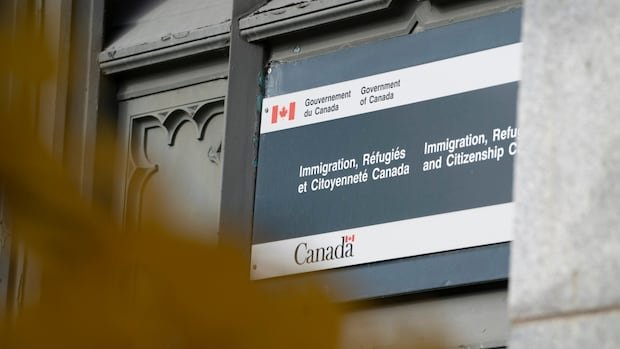Asylum seekers residing in hotels funded by the federal government will need to vacate soon as Immigration, Refugees and Citizenship Canada (IRCC) has announced the cessation of funding in September. A representative from IRCC communicated to CBC News via email that by Thursday, the federal government was accommodating 485 asylum seekers in five hotels in Ontario and Quebec, highlighting that around $1.1 billion has been utilized on temporary hotel housing for asylum seekers since 2020. The email emphasized that this measure was always intended as a temporary solution, with IRCC only financially supported for hotel operations until September 30, 2025.
Since at least 2018, Ottawa has allocated funds for housing asylum seekers in hotels across Canada. Federal officials have previously clarified that this approach was designed as a short-term fix to address significant increases in migration. However, recent disclosures indicate that efforts to modernize Canada’s outdated asylum system have been scrapped, while proposed border regulations are anticipated to heighten the difficulty of claiming asylum. IRCC has committed to assisting those still residing in hotels to secure alternative housing. Nonetheless, experts and advocates caution that this could pose challenges in cities facing high housing demand and limited supply.
Adaoma Patterson, the director of community investments at United Way Greater Toronto, noted that municipal shelters are consistently at full capacity. While additional shelter capacity has been added, including a dedicated shelter for asylum claimants in Peel, Patterson stressed the need for further action to prevent overburdening an already strained shelter system. She underlined the scarcity of affordable housing, which complicates the situation for asylum seekers struggling to find landlords willing to rent to them, potentially resulting in homelessness or unsafe living conditions due to overcrowding.
According to IRCC, the number of asylum seekers has been decreasing, with over 15,000 individuals transitioning from hotels to independent living. The department pledged to facilitate the relocation of the remaining 485 individuals in hotels to more permanent housing before the program concludes on September 30. IRCC assured that it would provide on-site support during the housing search and collaborate with provinces and municipalities to develop sustainable long-term housing solutions.
Christopher Worswick, an economics professor at Carleton University specializing in migration, raised concerns about the decline in asylum claims and questioned whether the reduction was genuine or an attempt to shift responsibilities to provinces. Worswick emphasized that housing asylum claimants is a costly international obligation, warning that discontinuing hotel funding could burden cash-strapped provinces and municipalities. He highlighted the financial challenges faced by local governments and questioned the source of funding for ongoing support.
Community organizations, which have previously filled gaps in government support for asylum seekers, expressed their own strain. In 2023, amid funding disputes, hundreds of asylum seekers were left homeless in downtown Toronto, prompting groups like Miracle Arena For All Nations to provide aid. Minister Isaac Oppong from the church expressed concerns about the repercussions of ending the hotel program without alternative solutions, potentially leading to a repeat of people sleeping on the streets. He stressed the financial unsustainability for grassroots organizations to sustain long-term support without government assistance.
In conclusion, the impending end of hotel funding for asylum seekers presents challenges for both the individuals affected and the supporting organizations, necessitating comprehensive and sustainable solutions to address housing needs and avoid potential homelessness.

